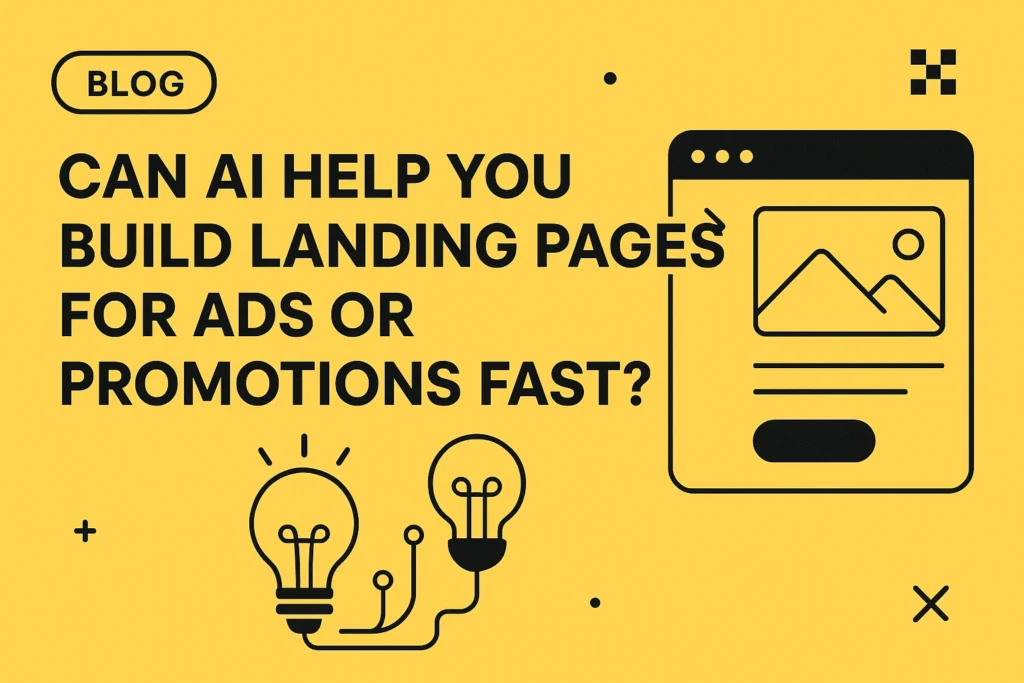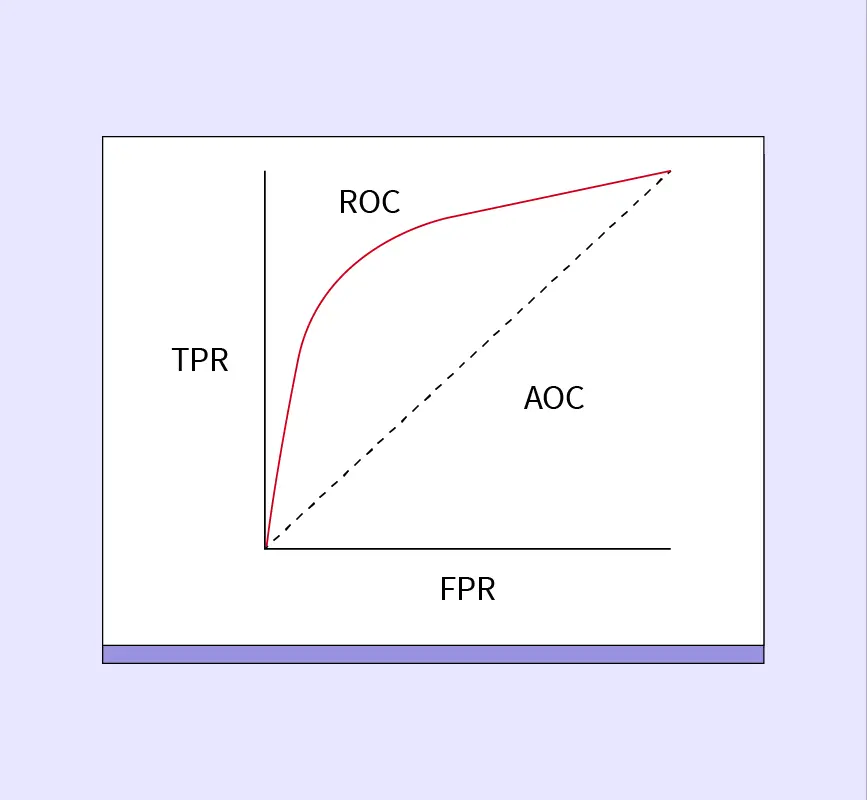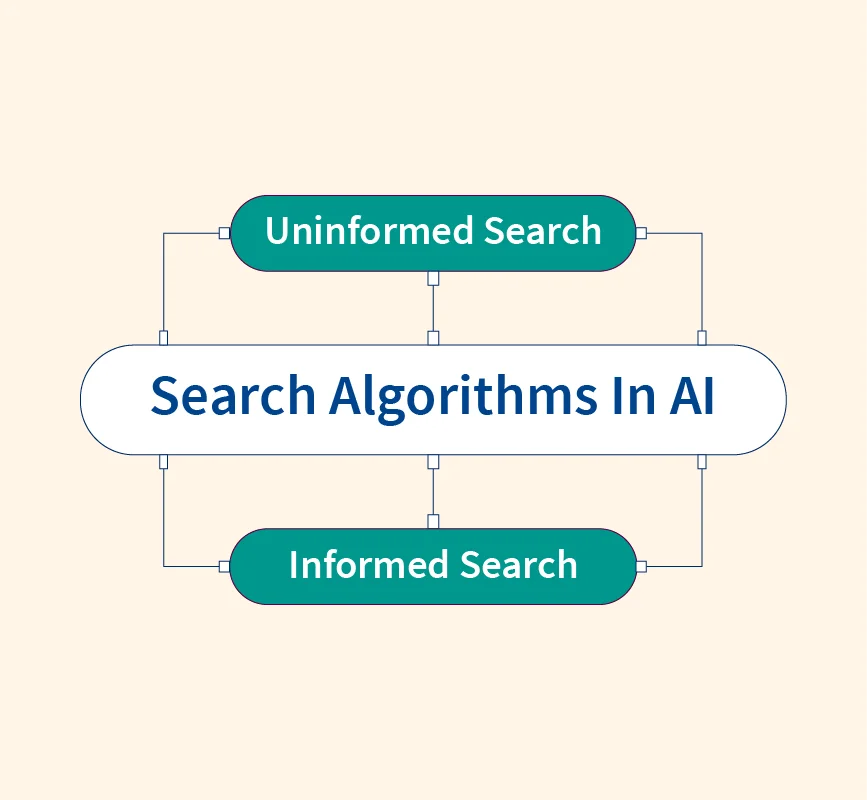Artificial Intelligence (AI) is rapidly transforming industries, societies, and economies worldwide. From healthcare to autonomous vehicles, AI has introduced groundbreaking innovations that promise efficiency and convenience. However, alongside these benefits, there are growing concerns about the risks it poses, such as job displacement and ethical dilemmas. As AI continues to evolve, society faces a critical question: is AI a boon or bane? This article explores both perspectives, weighing AI’s potential to shape a better future against the possible dangers it presents.
What is Artificial Intelligence?
Artificial Intelligence (AI) refers to the ability of machines to mimic human cognitive functions such as learning, reasoning, and problem-solving. AI is broadly classified into two types: Weak AI, which focuses on specific tasks like facial recognition or voice commands, and Strong AI, which aims to achieve human-level intelligence across a variety of tasks. Key components of AI include Machine Learning (ML), which allows machines to learn from data, and Deep Learning, a subfield of ML that uses neural networks to mimic human brain function. Together, these technologies are revolutionizing industries by automating complex processes and enabling intelligent decision-making.
Applications of Artificial Intelligence
AI is being applied in a wide variety of industries, from healthcare and robotics to customer service and autonomous vehicles. Below are some key areas where AI is making significant contributions.
Healthcare
In healthcare, AI is making waves by enhancing diagnostics, improving personalized treatments, and optimizing hospital workflows. AI-driven technologies such as robot-assisted surgeries and AI-based diagnostic tools can perform tasks with greater precision than human doctors. AI also plays a crucial role in drug discovery, helping researchers develop new medications faster by analyzing vast datasets. For instance, IBM’s Watson Health uses AI to help healthcare providers offer more personalized care.
Automation and Robotics
AI is at the forefront of automation, particularly in manufacturing and business sectors. From assembly lines in factories to inventory management, AI-powered systems improve efficiency by automating repetitive tasks. Companies like Amazon use AI in their warehouses to sort and deliver products faster, reducing costs and improving customer satisfaction. This automation enables businesses to scale operations without relying solely on human labor.
Autonomous Vehicles
The future of transportation lies in AI-powered autonomous vehicles. Self-driving cars, developed by companies like Tesla and Google, are programmed to reduce traffic accidents and improve road safety by analyzing real-time data on road conditions. These vehicles can process immense amounts of information instantaneously, making them more efficient than human drivers. As technology evolves, autonomous transportation could drastically reduce traffic congestion and improve travel efficiency.
Customer Service (Chatbots & Smart Assistants)
AI is also revolutionizing customer service through chatbots and smart assistants. AI-powered chatbots are able to handle a wide range of customer queries, providing personalized solutions and recommendations in real-time. For example, platforms like Amazon Alexa and Google Assistant are becoming increasingly sophisticated, offering customers seamless, voice-activated experiences. Businesses are also leveraging AI to improve customer satisfaction in e-commerce by predicting user preferences based on past behaviors.
Advantages of Artificial Intelligence
Increased Efficiency and Productivity
AI has the ability to execute tasks faster and more accurately than humans, leading to substantial improvements in efficiency and productivity. In industries such as finance, AI algorithms process data at lightning speeds, identifying trends and making investment decisions far quicker than any human analyst could. In manufacturing, AI-driven robots can operate continuously without breaks, resulting in higher output levels.
Reduction of Human Error
One of the key benefits of AI is its ability to minimize human error, especially in fields like healthcare and finance where precision is crucial. AI algorithms used in medical imaging can detect diseases more accurately than traditional methods, reducing the risk of misdiagnosis. Similarly, in finance, AI systems prevent errors in high-stakes areas such as trading and fraud detection, safeguarding against costly mistakes.
Availability of AI Systems 24/7
Unlike human workers, AI systems can function around the clock without needing breaks, sleep, or vacation. This continuous availability enhances business processes, allowing for consistent support in customer service, data analysis, and more. AI chatbots, for instance, offer 24/7 support, allowing businesses to maintain customer satisfaction without the need for human intervention during off-hours.
Innovation and Problem Solving
AI is playing a pivotal role in solving some of the world’s most complex problems. From predicting climate change patterns to generating insights from financial data, AI’s ability to process and analyze vast datasets is unparalleled. For example, Google’s DeepMind has developed AI systems that can predict energy consumption in data centers, leading to significant energy savings.
Disadvantages of Artificial Intelligence
Job Displacement and Unemployment
While AI boosts productivity, it also poses a significant threat to traditional jobs. Automation driven by AI is replacing roles in sectors such as manufacturing, customer service, and retail. According to a report by McKinsey, up to 800 million jobs could be lost to automation by 2030, leading to widespread unemployment. Although new roles may emerge in AI development and maintenance, the transition could leave many workers struggling to adapt.
Ethical Concerns and Bias
AI systems are not immune to bias. Algorithms can sometimes make biased decisions, particularly in areas such as facial recognition, where certain groups are disproportionately misidentified. This raises ethical concerns about the fairness and accountability of AI-driven decisions. Additionally, AI systems used in law enforcement and hiring processes can perpetuate existing societal biases if not properly regulated.
Loss of Human Touch and Creativity
AI, while efficient, lacks the creativity and emotional intelligence that human workers bring to the table. For example, while AI can produce art or music, it still cannot replicate the depth of human creativity. In areas such as customer service, AI-driven systems may lack the empathy required to deal with emotionally sensitive situations, making it challenging to replace human workers entirely.
High Costs of Development and Maintenance
Developing and maintaining advanced AI systems can be prohibitively expensive. Companies investing in cutting-edge AI technologies face substantial costs in research, development, and system upkeep. Small businesses, in particular, may find it challenging to adopt AI-driven solutions due to these high costs.
The Role of AI in the Future: Boon or Bane?
The future of AI remains a subject of debate. While AI has the potential to revolutionize industries and improve the quality of life, it also presents risks. On one hand, AI could lead to technological advancements that solve critical global challenges like climate change and healthcare. On the other hand, unchecked AI development could lead to job loss, data privacy concerns, and even the emergence of autonomous weapons. The key to maximizing AI’s benefits while minimizing its risks lies in responsible AI development and regulation. Governments and organizations must work together to ensure AI is used ethically and transparently.
Conclusion
Artificial Intelligence is both a boon and a bane, depending on how it is developed and deployed. While AI offers tremendous potential to improve efficiency, productivity, and problem-solving, it also raises significant challenges in terms of job displacement, ethical issues, and costs. A balanced perspective is necessary, recognizing AI’s benefits while mitigating its risks through thoughtful regulation. The future of AI will depend on how well society manages its development, ensuring it remains a force for good.
References:
- Artificial Intelligence: Boon or Bane? Pros and Cons Explained
- Artificial Intelligence: A Boon or Bane


